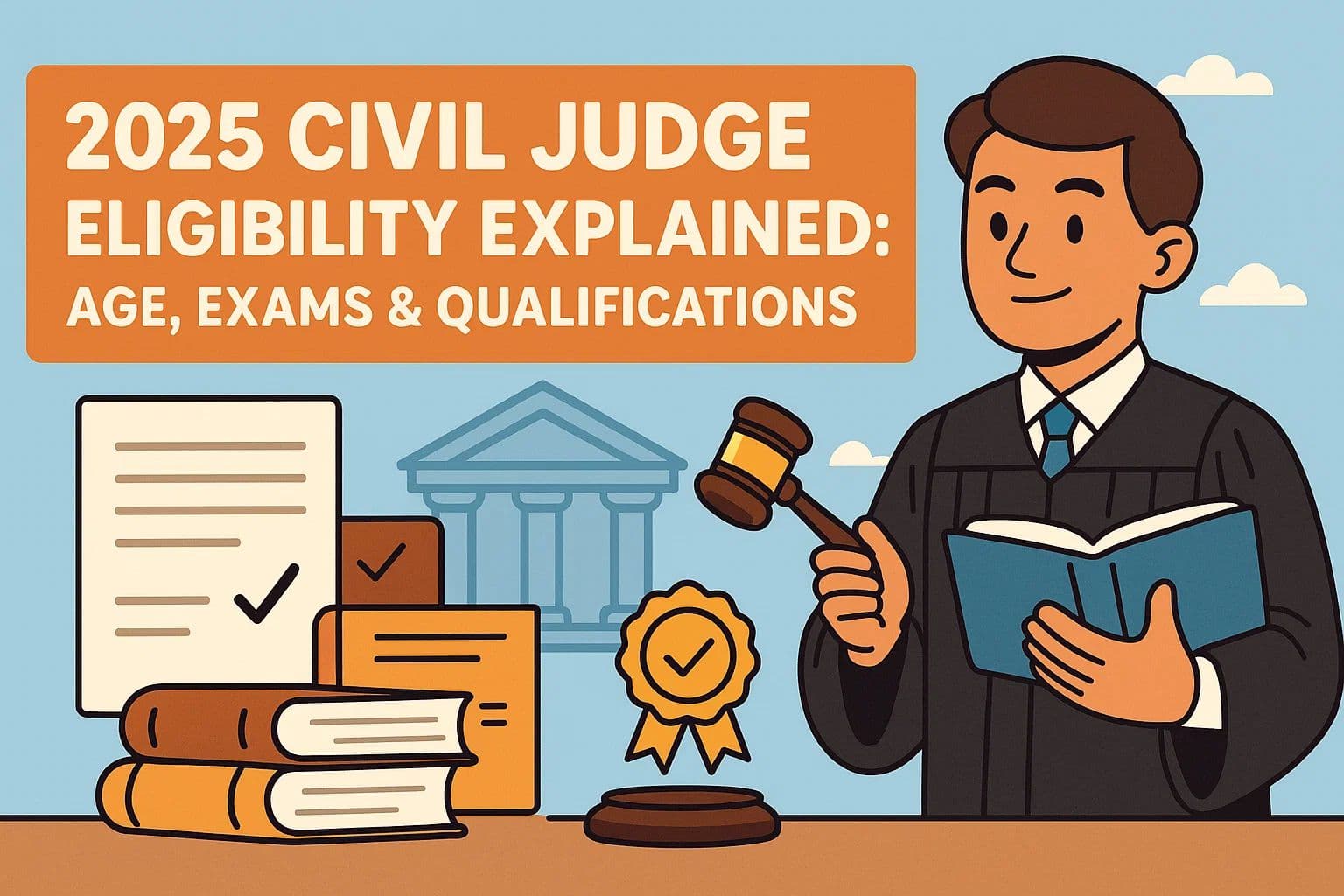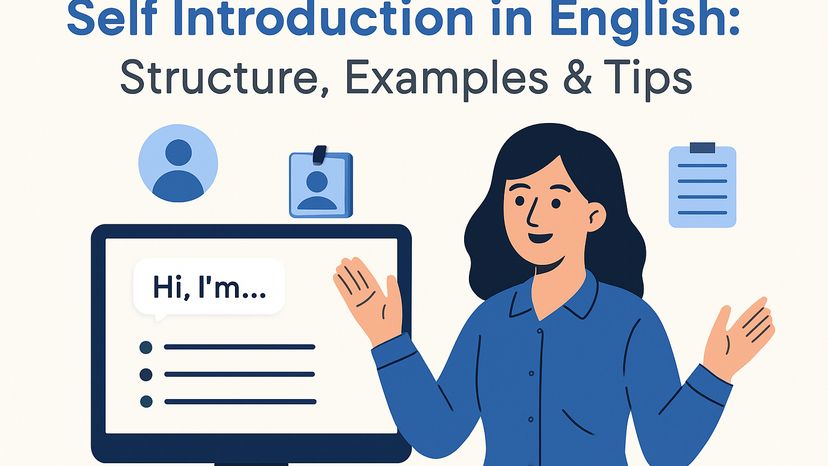The road to becoming a civil judge is one of the most respected and meaningful career journeys seen in India. As we prepare to usher in 2025, there are so many law graduates contemplating judicial services because it is a strong and dignified career. However, before they just jump in, it is so very important for all law graduates to understand the full judge exam eligibility, qualifications needed, age limits, and exam methodology. With all states in India reasonably conducting their own judicial services exam, the general eligibility across the board is similar, and a road map for judges is relatively similar across states. Regardless, whether it is a district judge role or a civil judge one, knowing the steps and preparation strategy will assist in the clarity process and build confidence in the exam. This blog aims to break down some of the general eligibility, stages of the exam, qualifications to become a judge and how to prepare competently without confusion. So, if you are someone dreaming of a future behind the bench, then you’ve found the right blog—we’ve taken care of all for you!
Judiciary Exams Eligibility Criteria 2025
Usually, there are some standard eligibility criteria (educational qualification, age and citizenship requirements) when applying for the judicial services exam eligibility in India. These may have slight variations depending on the state, but below is a general structure:
1. Educational Qualification
- You must have a Bachelor's Degree in Law (LLB) from a recognized institution.
- The educational institution has necessarily to be approved by the Bar Council of India.
- You must not be a final year law student—you must have obtained your law degree when you apply.
This meets the qualification for judge exam for most state-level public service commissions.
2. Nationality
- You must be an Indian citizen.
3. Age Limit
- The judge exam age limit is usually between 21 to 35 years for the lower judiciary (civil judge positions).
- For the age limit for district judge exam, aspirants are usually required to be between 35 to 45 years old.
- Candidates from reserved categories may receive age relaxations as per the norms set by the government.
If you are unsure of where you lie on the qualification scale, you can take a career decision test, such as this online psychometric test, to assess your interest in pursuing a legal profession.
Civil Judge vs District Judge: What’s the Difference?
Judges can be appointed in two ways:
Lower Judiciary (Civil Judge):
- This is done for a fresh law graduate.
- No prior work experience is required.
- The selected candidate starts their career as a civil judge in the district courts.
Higher Judiciary (District Judge):
- It requires at least 7 years of legal practice experience.
- This is often referred to when considering district judge exam eligibility.
- Candidates are often active advocates or legal officers.
If you're interested in legal specializations, check out this blog on the best computer courses offered in 2025. A good tech background is also becoming relevant in modern legal systems.
Phases in the examination process for Judicial Services Exam
The judicial service commonly has 3 major phases:
Preliminary Exam
- Objective type (Multiple Choice Questions).
- Functions as a screening test.
Mains Exam
- Written, descriptive examination involves questions from law subjects & languages.
Interview/Viva Voce
- Examining their legal awareness, ethicality, and presence of mind.
Average fee structure and application process
Here is a rough idea of what you will need to put aside;
- Application Fees: ₹500 to ₹1500 (depending on the state and category).
- An even more convenient fee relaxation for the reserved category (SC/ST/PwD).
- You will fill out this form via the respective High Court website or state PSC.
Not 100% confident that the judiciary is the route to take? Talk to an expert now—book a career counselling session for personalised advice.
What is RJS Full Form and its relevance?
The RJS full form means Rajasthan Judicial Services; one of the more competitive state-level judicial services exams and a template for other states.
- The eligibility is still the same: Law degree + Indian nationality.
- Has a Prelims, Mains, and Interview stage.
Want to investigate your future income potential as a lawyer or if another career? Don’t forget to read this breakdown on MBA salary trends in 2025 — very useful info if you are also considering corporate law.
What is important about being a Judge in 2025?
- You need a law degree approved by the Bar Council of India.
- You have to be enrolled as an advocate under the Advocates Act.
- You also need legal practice.
Here is where judge qualification meets practical reality; if you’re interested in policy law, or social good, make sure you also speak with a career expert in law from Infigon counsellors.
Frequently Asked Questions
Q1. What educational qualification is required for eligibility for the judicial services exam?
Ans. A recognized LLB degree validated by the Bar Council of India is required. This is the basic judge qualification for a majority of states.
Q2. What is the upper age limit for the civil judge exam?
Ans. The upper age limit is generally from 21 to 35 years for civil judge posts. States typically allow some relaxation for reserved categories.
Q3. Can I give the exam without prior legal work experience?
Ans. Yes, for lower judiciary posts (civil judge), legal work experience is not necessary. However, at least 7 years of practice are mandatory as eligibility for the district judge exam.
Q4. What is the meaning of RJS full form?
Ans. RJS full form is Rajasthan Judicial Services, which is a popular state-level exam to recruit civil judges.
Q5. How many stages are there to the judicial services exam?
Ans. There are 3 stages: Prelims, Mains, and Interview.
Q6. What is the average cost of application fees for the judge exam?
Ans. The average cost can vary quite a bit, anywhere from ₹500 to ₹1500, depending on the category and state.
Q7. Is there an upper age limit for district judge exam?
Ans. Yes, the upper age limit for district judge exam can range from 35 to 45 years.











